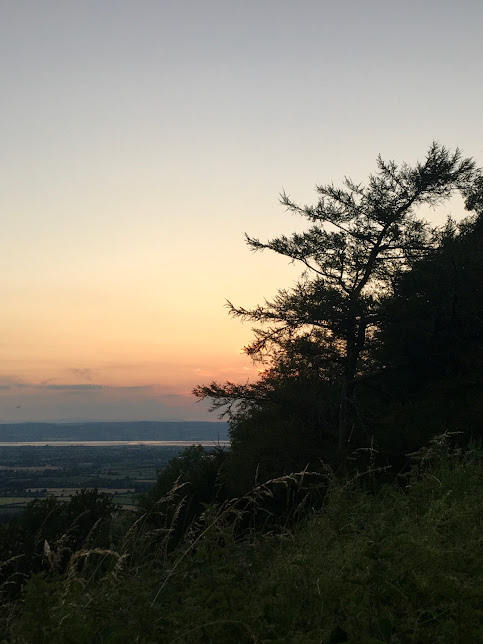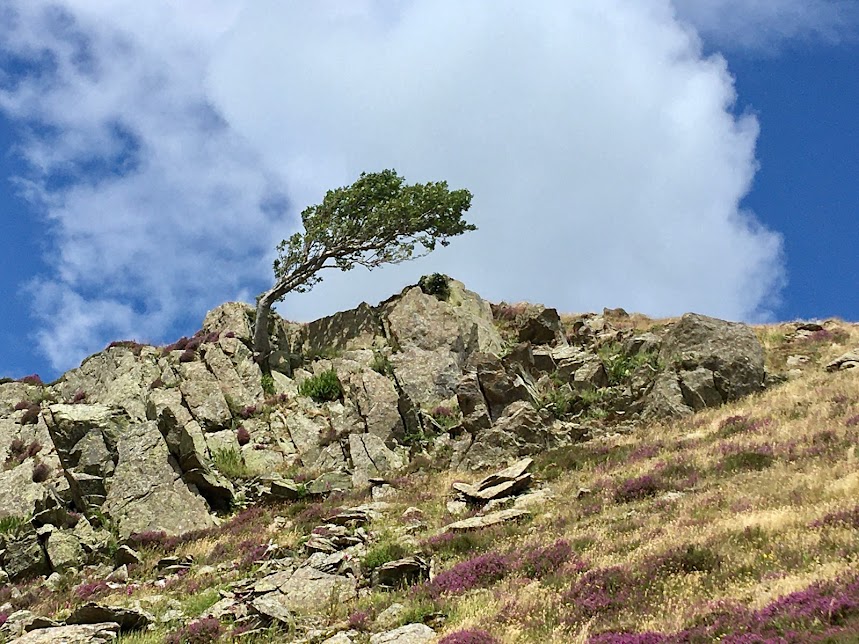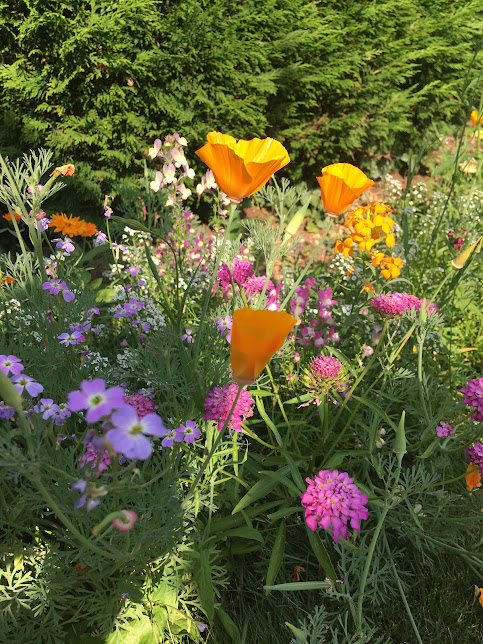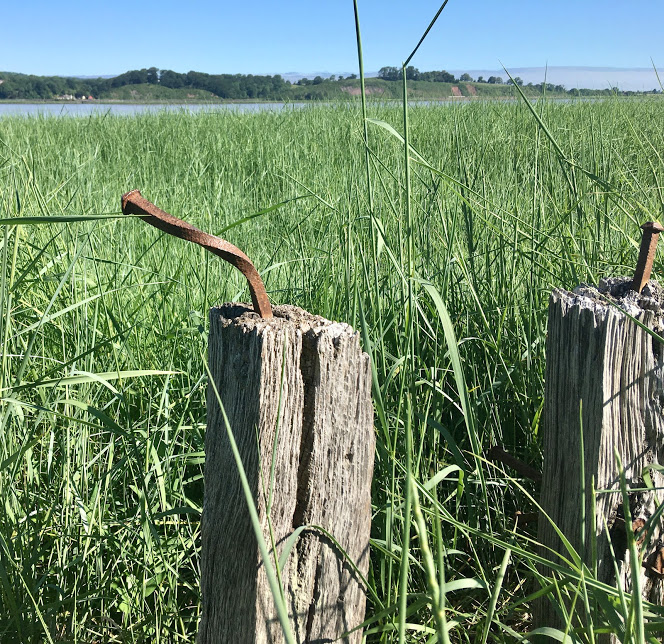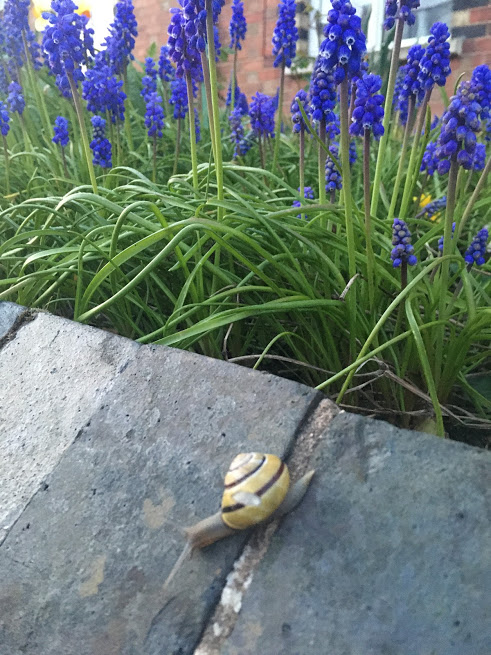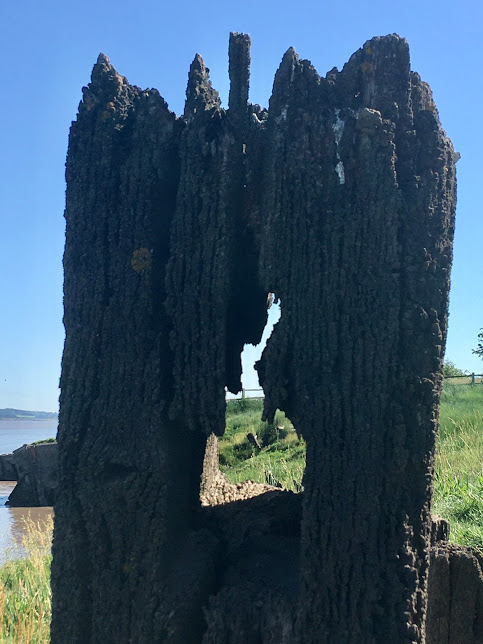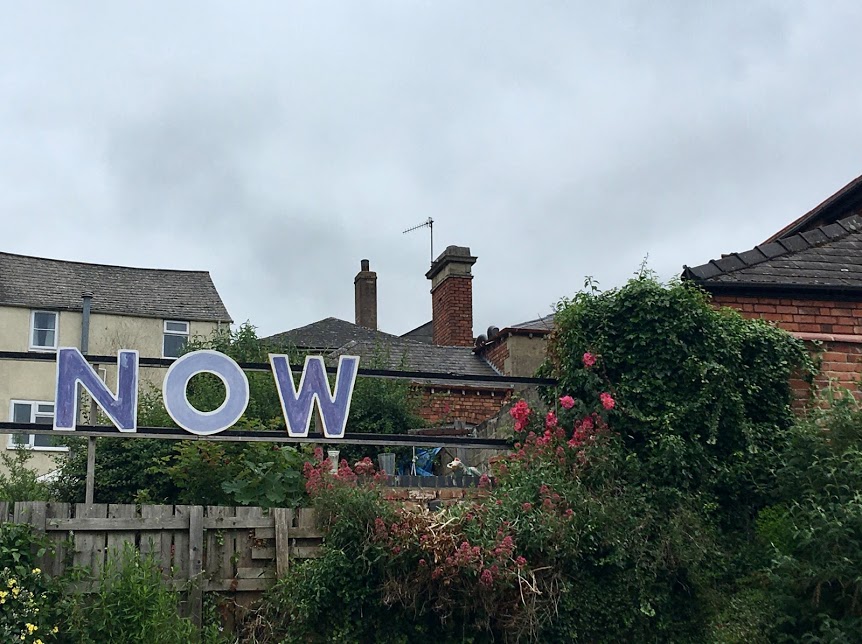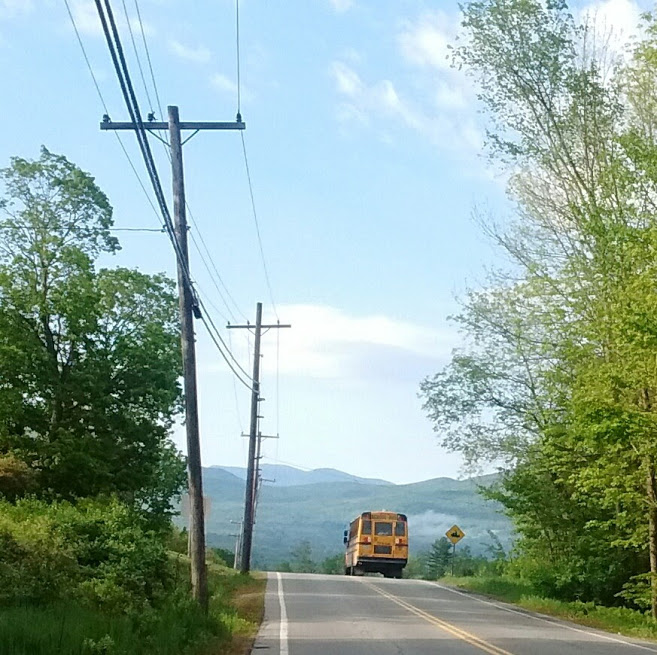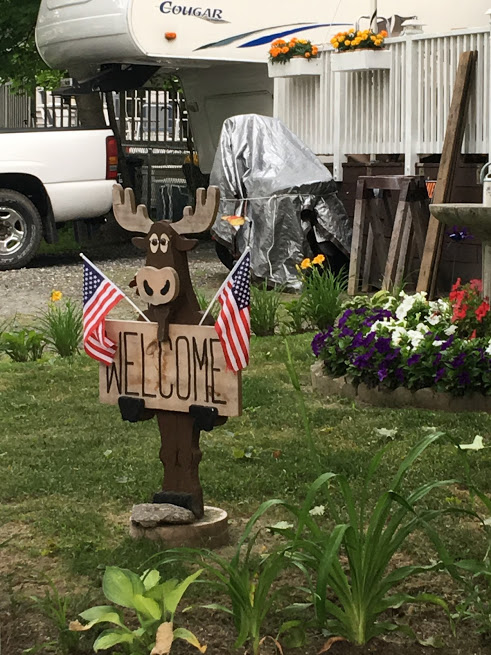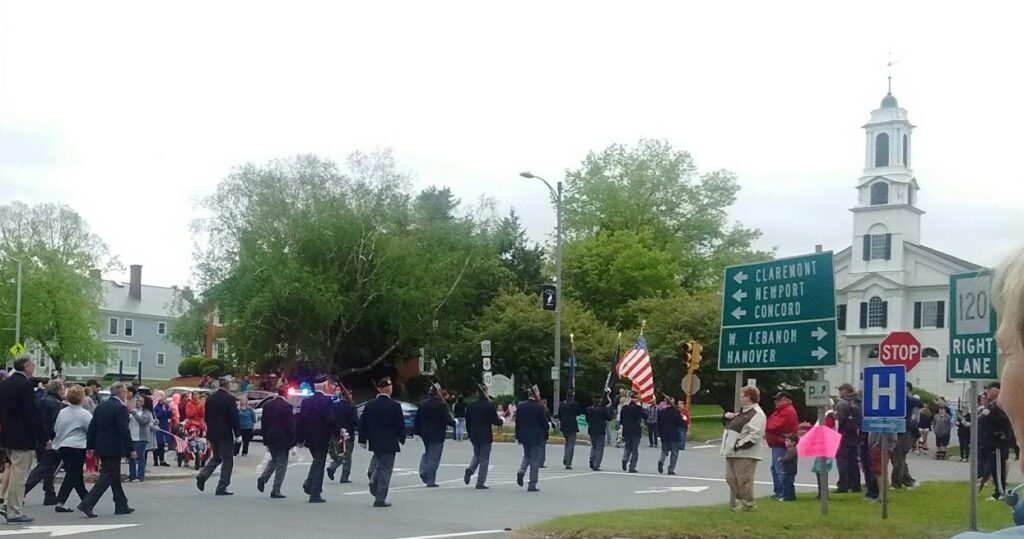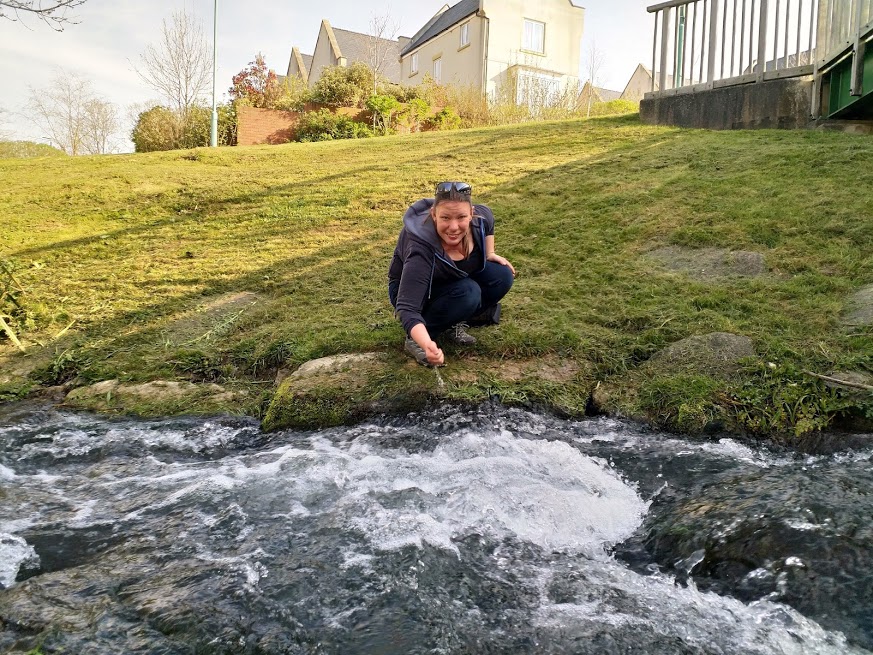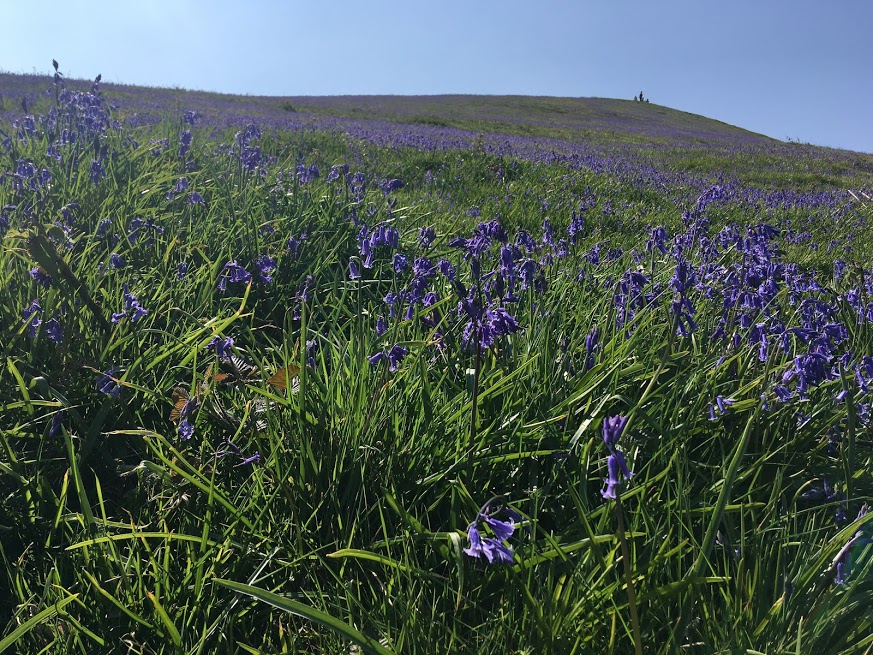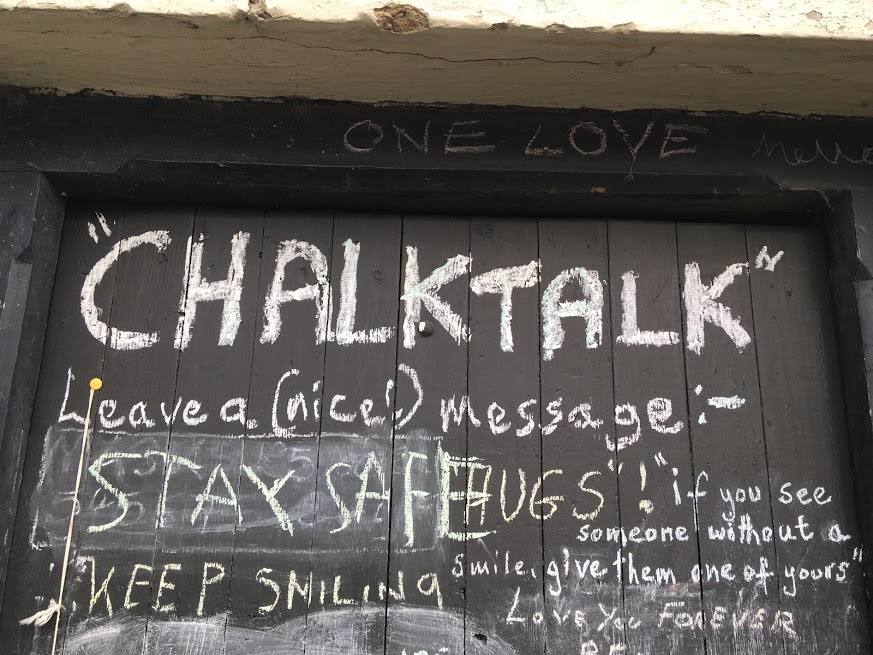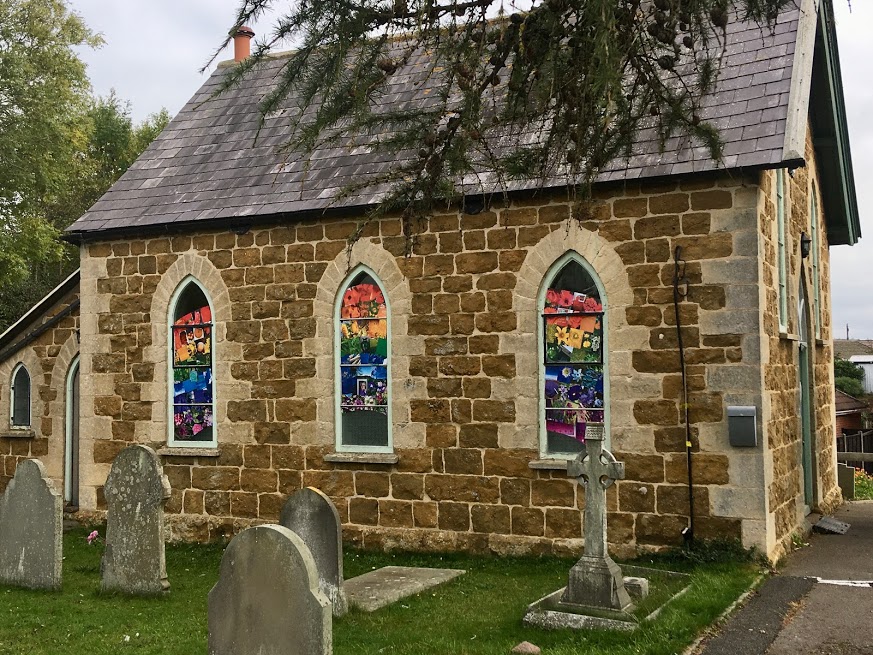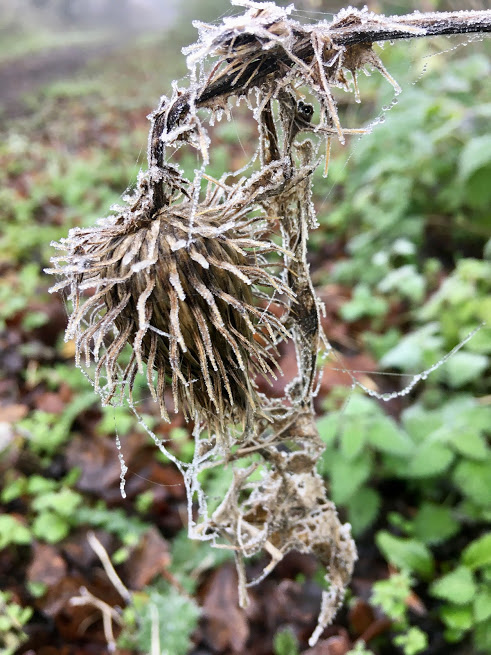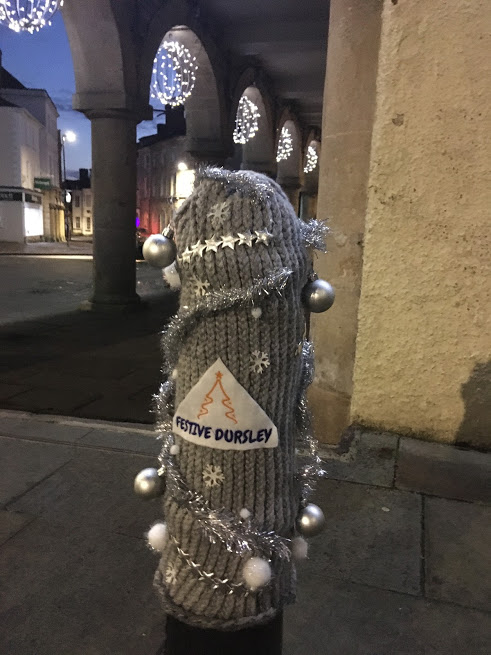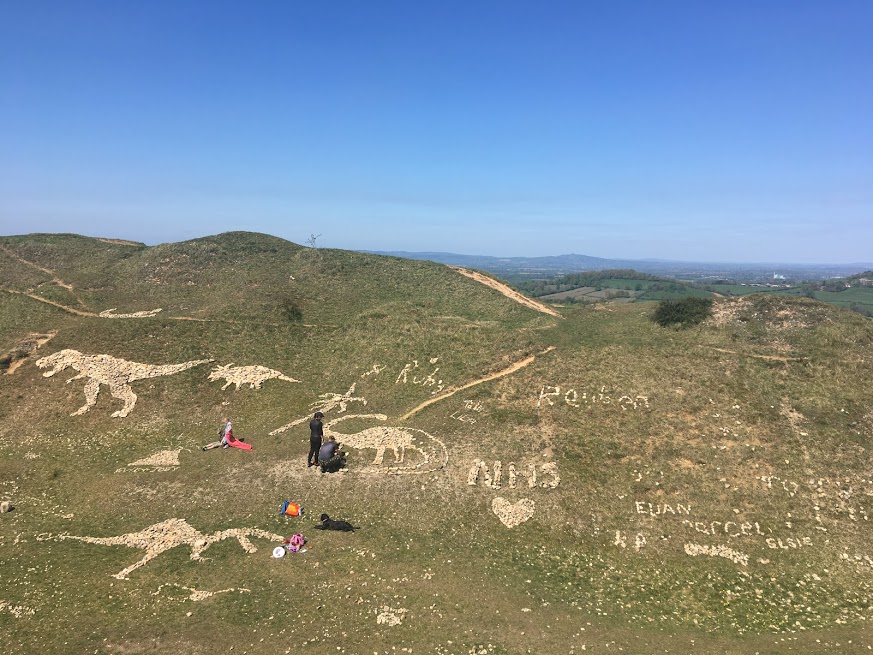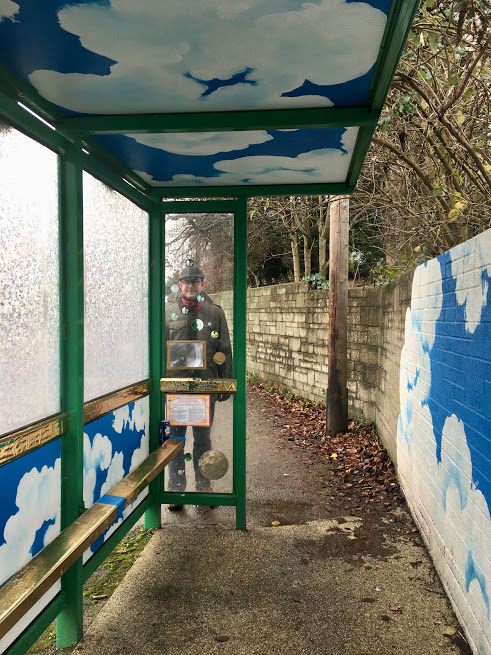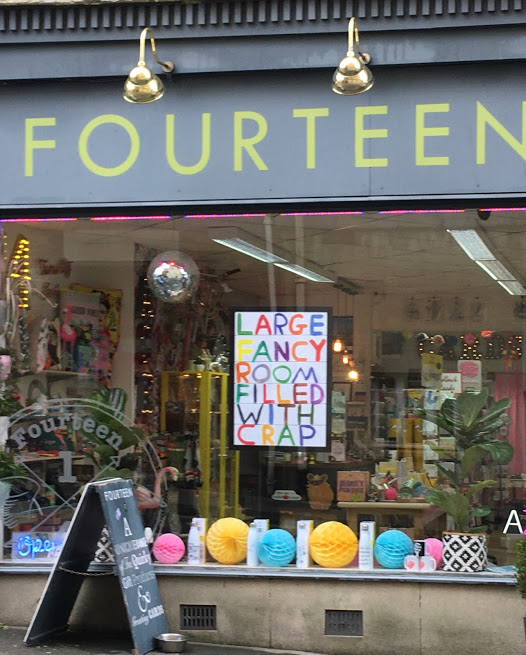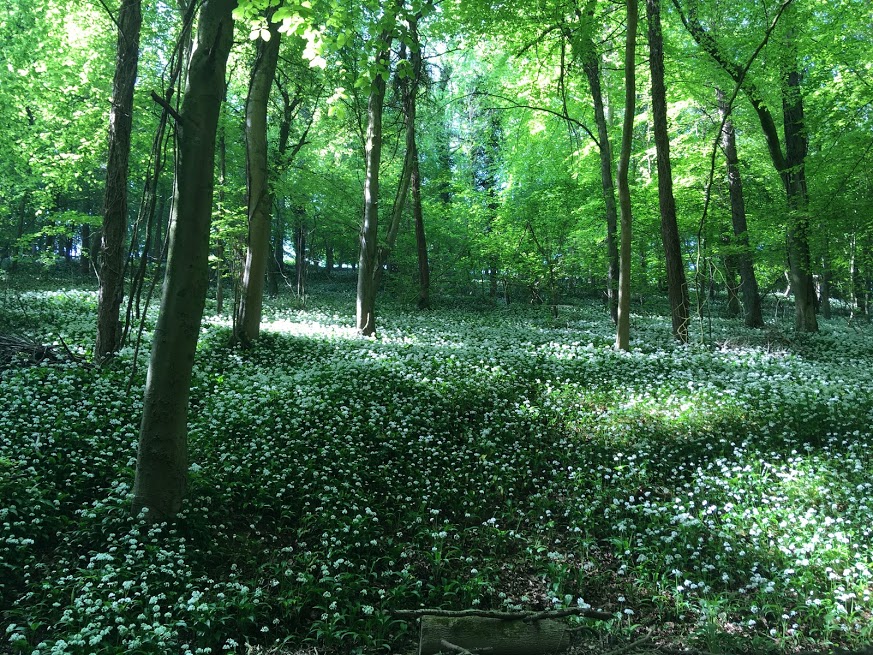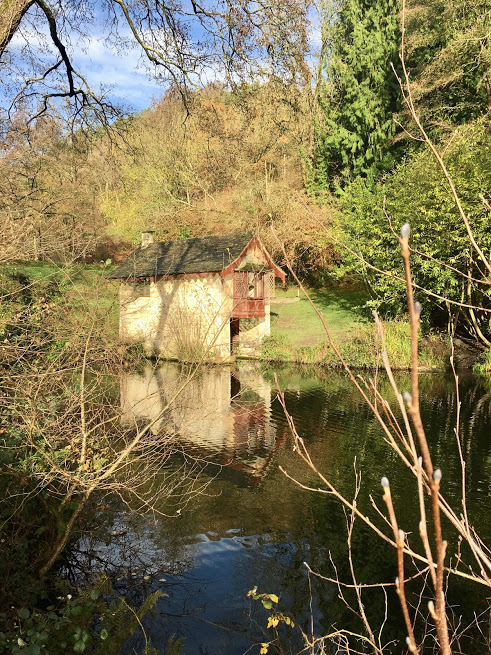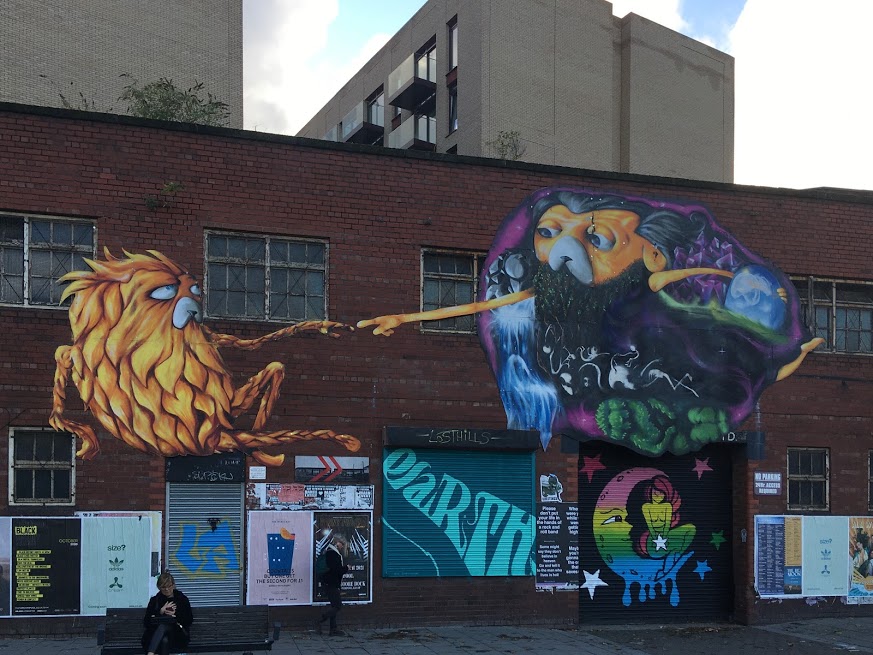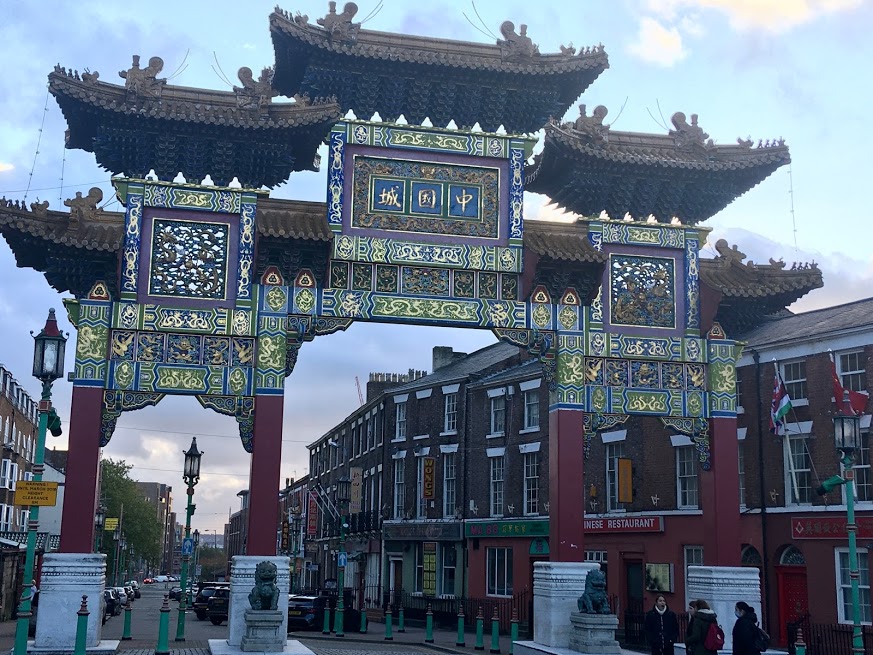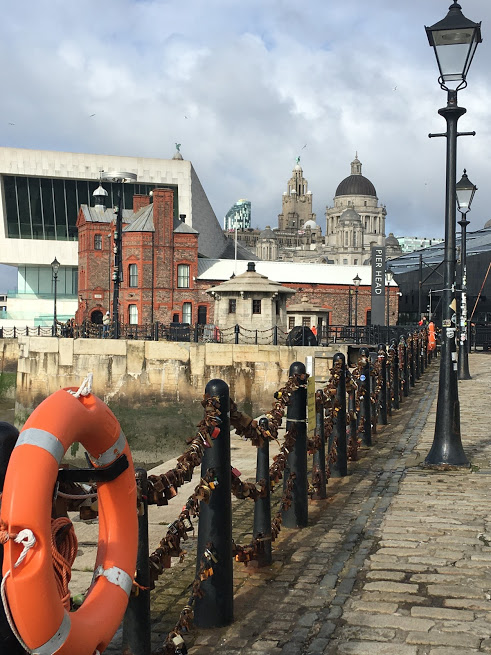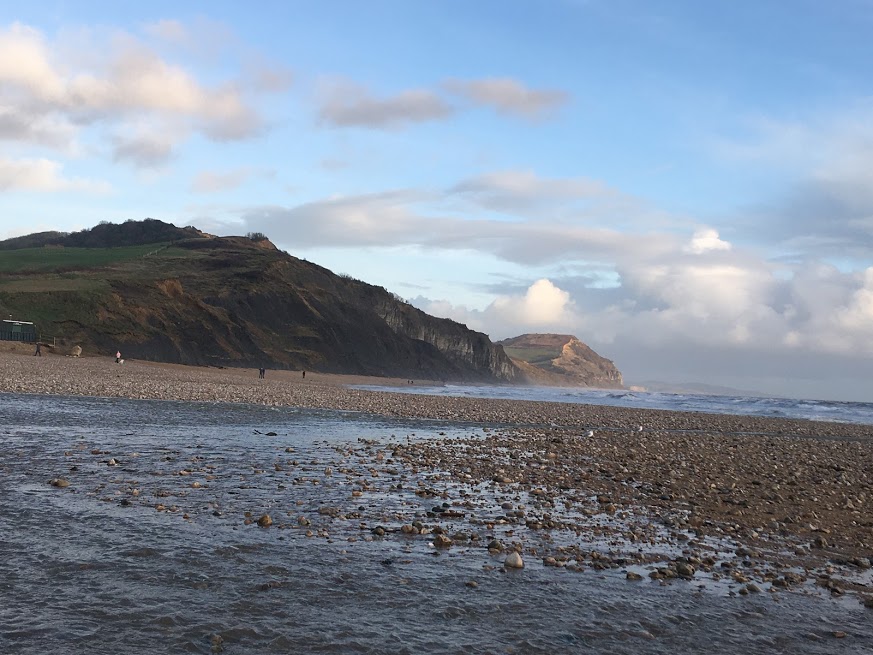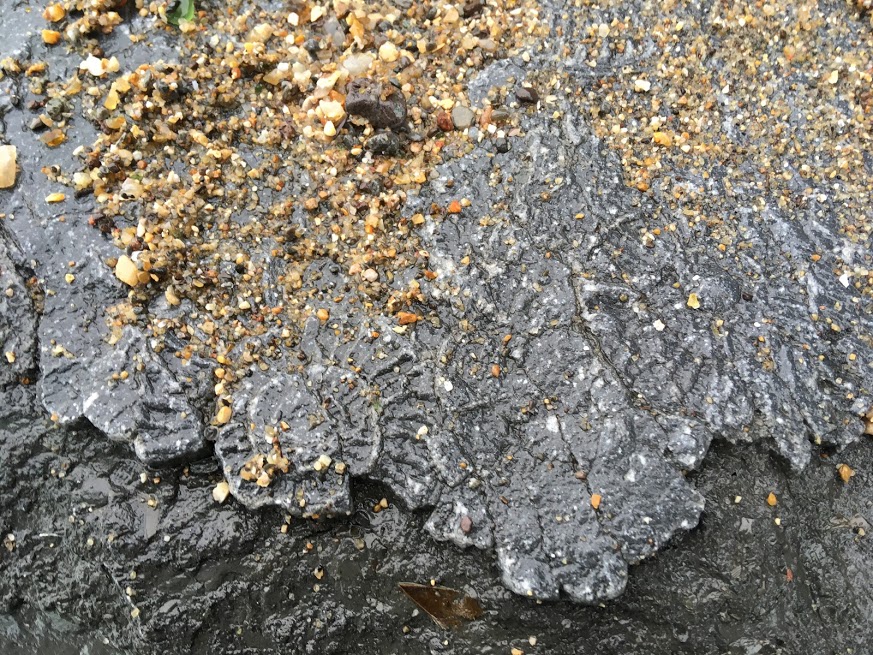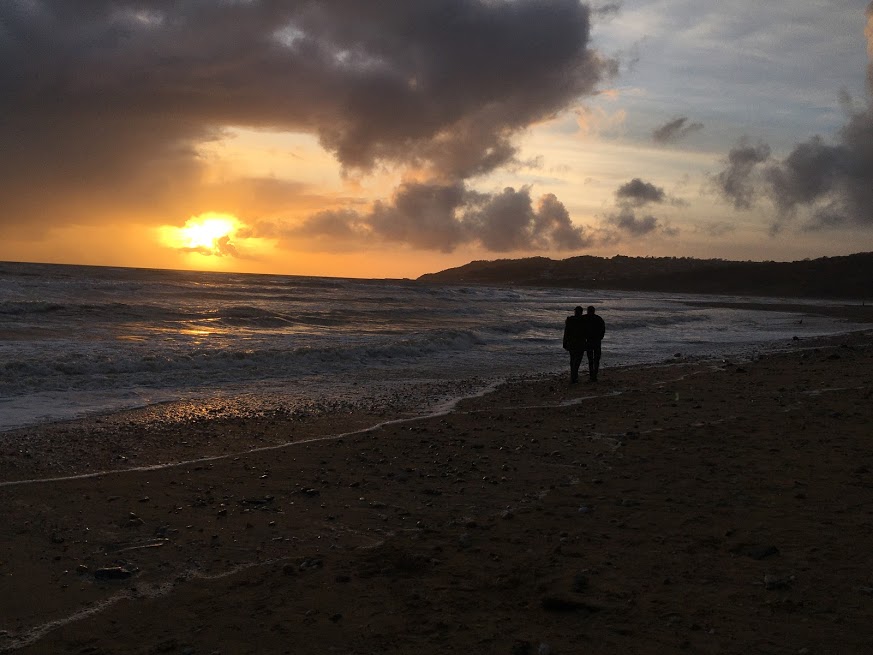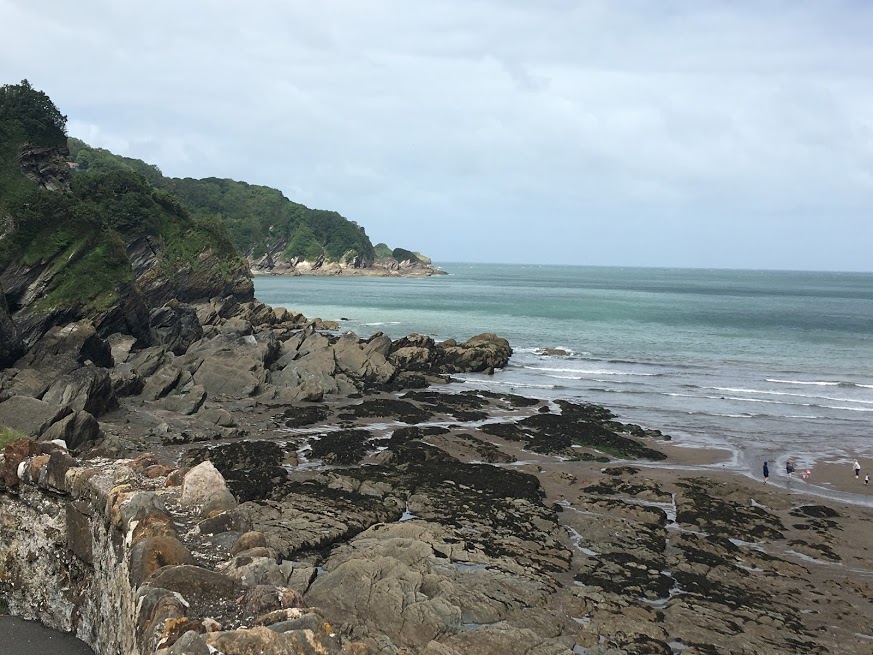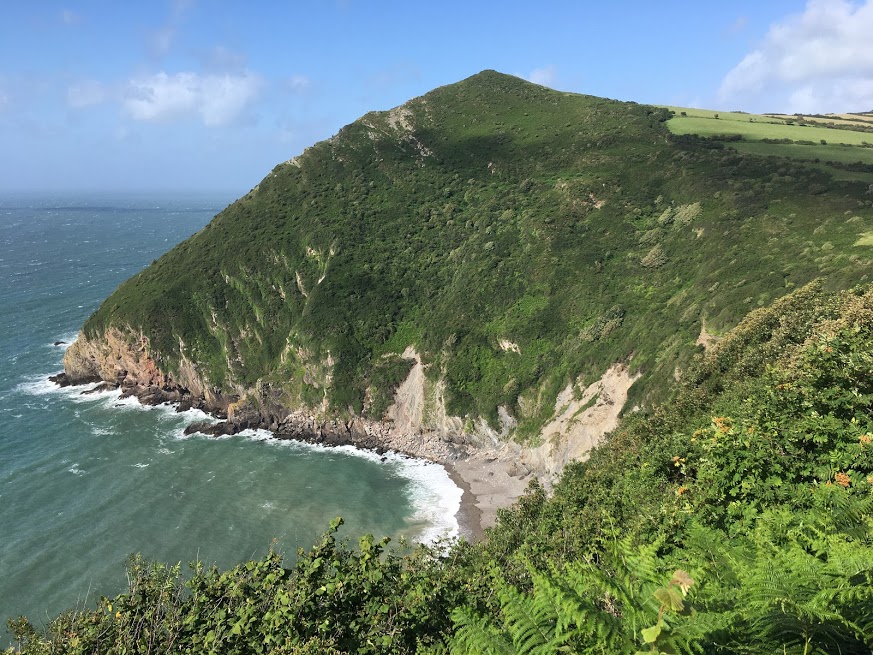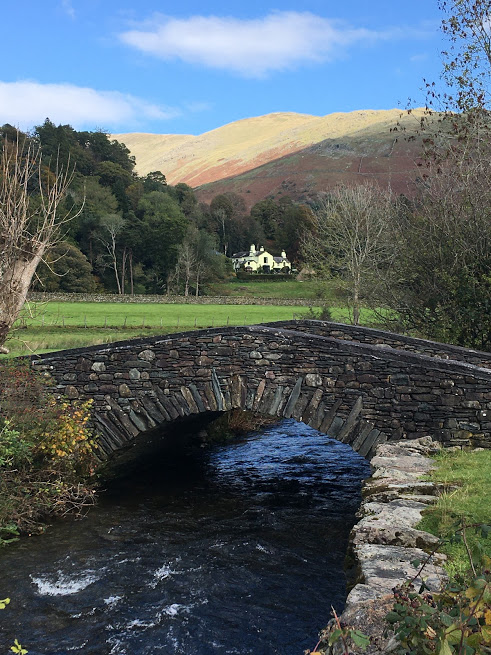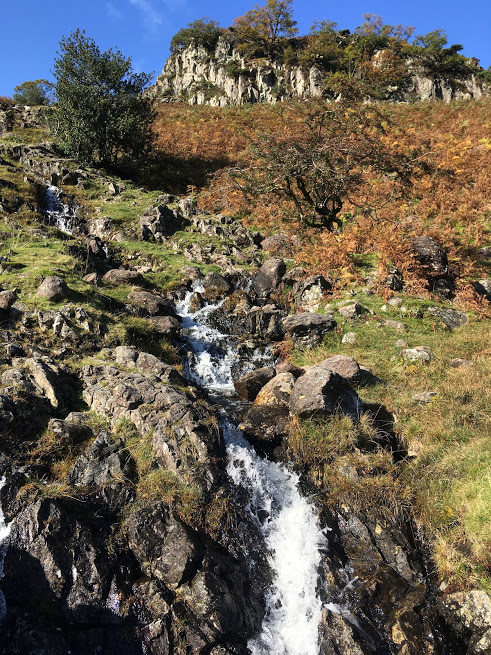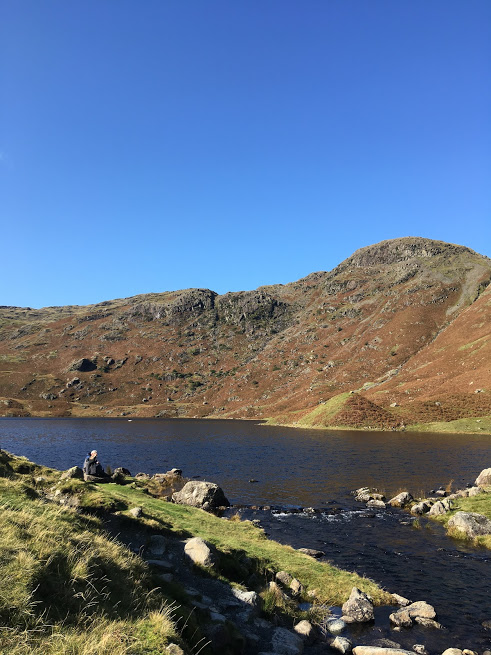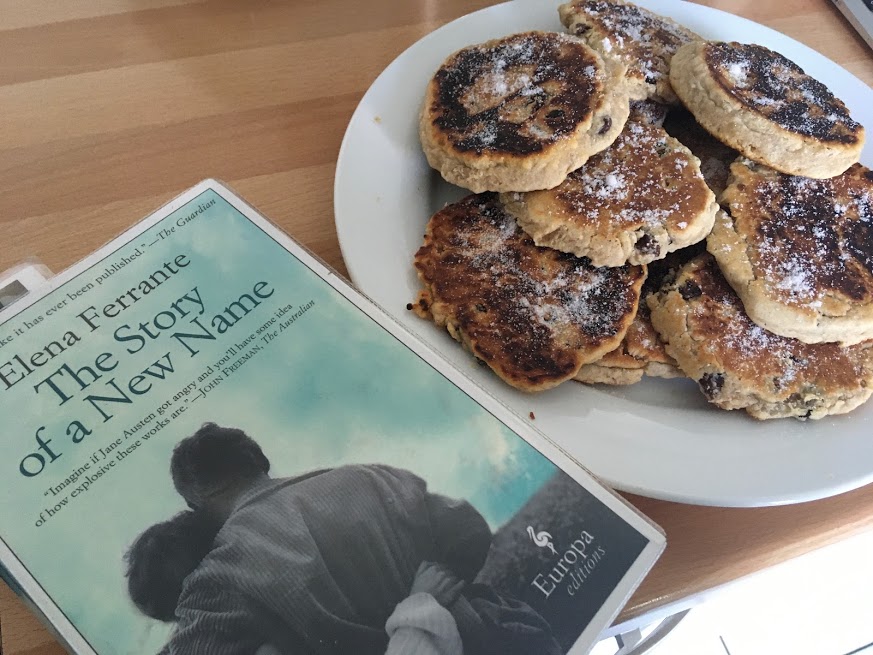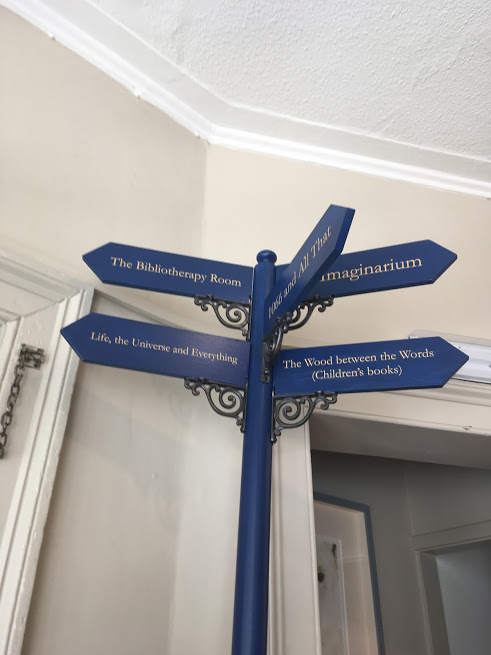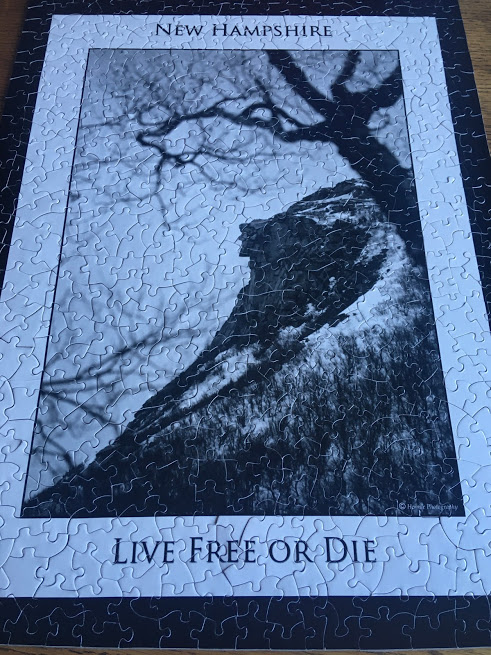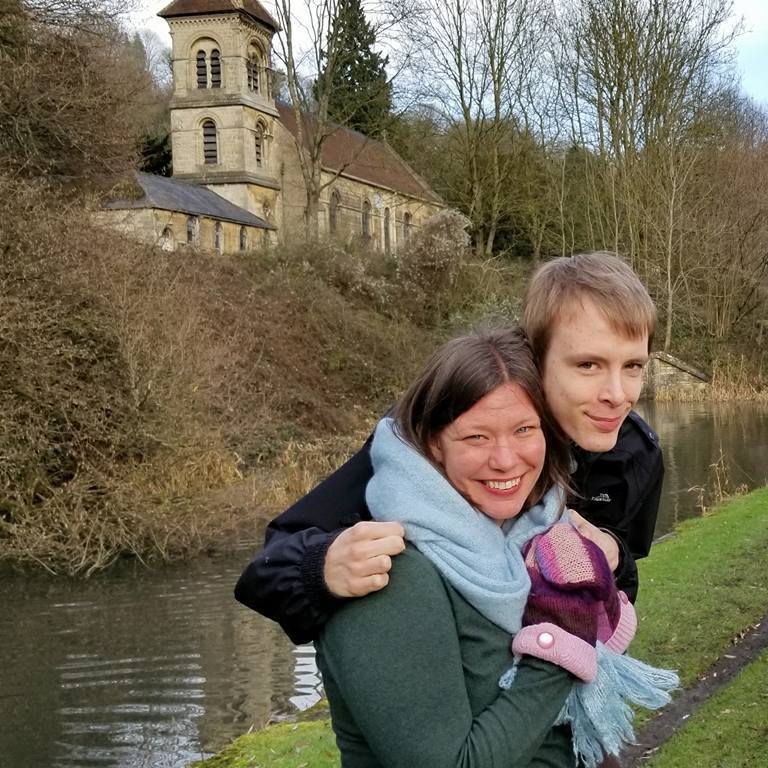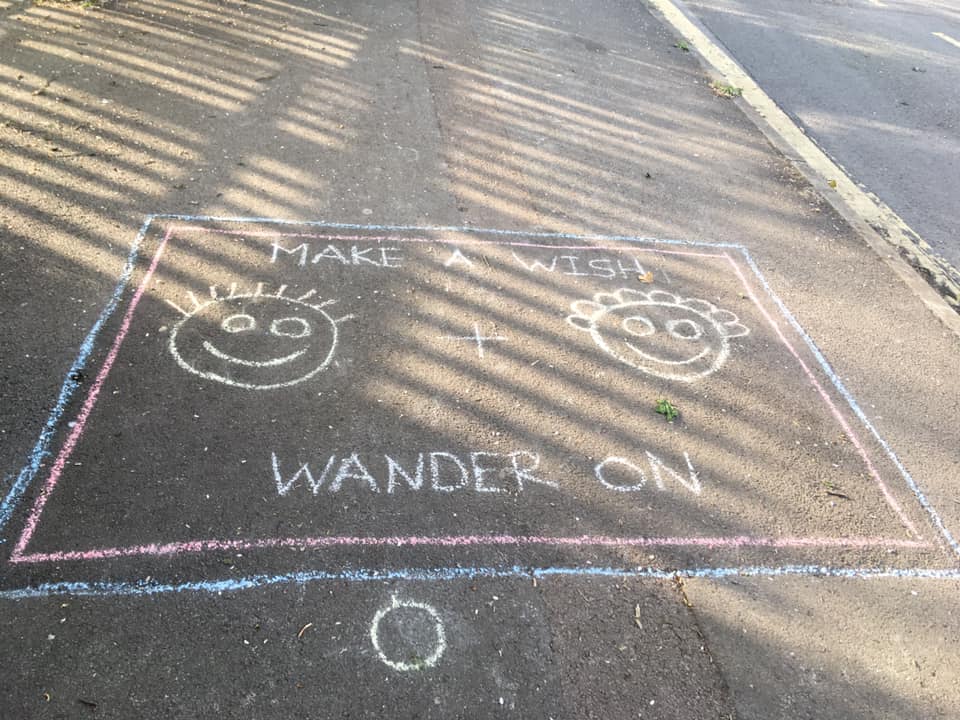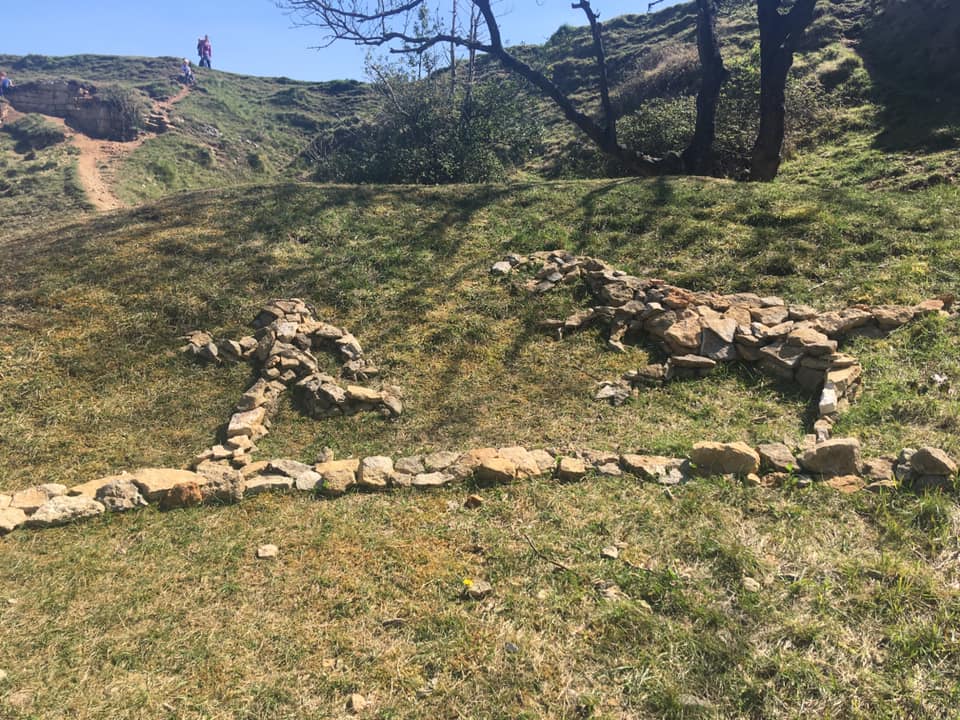This Week’s Bit of String: Four and a half hours in Dublin
A couple metres to my right, a nun is counting a somewhat alarming quantity of 50-Euro notes under her table. A couple metres to my left, a very small girl is alternating between blowing noisy raspberries into the back of her chair, and drowning herself in a lidless juice cup. You guessed it, I’m in an airport.
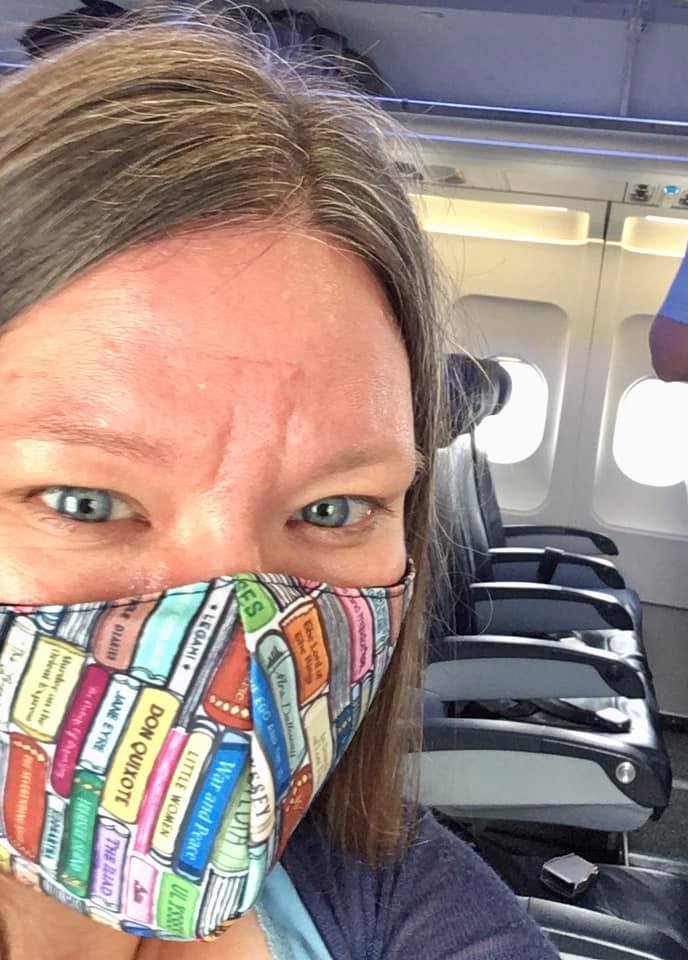
Over the years as an immigrant I’ve learned a few tricks, and one of them is to fly from our local airport, stop in Dublin, then on to America. The US has a customs and immigration point in Dublin, so during the stop, we get fully processed and then can just step out of the airport in Boston without spending more time queuing for border control after we’ve arrived. It means less time wasted, and brings us closer to home.
This time, my first flight in a long while and my first opportunity to see my family in over 2 years, the stopover is 4.5 hours. A bit on the long side. Even with going through American passport checks, I’ve got 3.75 hours left.
I don’t mind it too much because this also happens to be my first solo airline excursion in two decades. I don’t have to worry about whether anyone else is comfortable or entertained. I can hang out with a sandwich and do some first class people-watching as a third-class passenger.
Part of the Journey
he tiny, now very sticky girl at the neighbouring table has been instructed to clean up her mess and is wiping the table quite capably. Then her mum has her stand on her chair, and wrangles her into a new outfit. “Not everyone can just change their top in an airport,” the mum tells her, “but you can.”
The nun has a mobile phone pressed to her ear and I can just hear the voices sounding off to her. She needs it close to hear over Queen’s “Don’t Stop Me Now” on the airport radio. (Yes, I love that this is the song playing here while I am fleeing the country after so long.) I think it’s an audiobook the nun is listening to, and I’d love to know what it’s about.
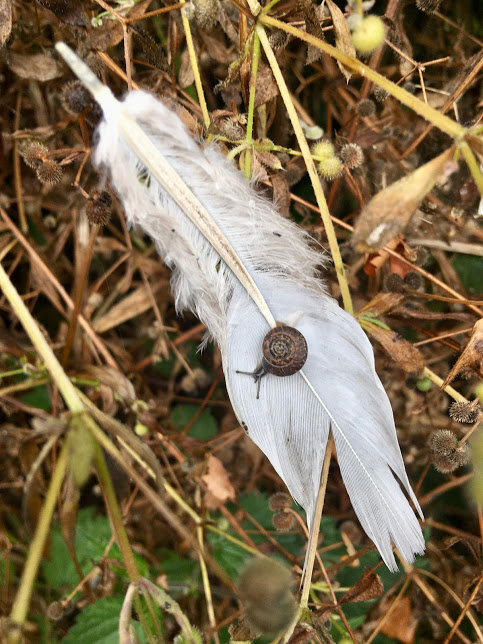
With all this going on, it doesn’t feel like wasted time. These hours aren’t getting me closer to home, but they’re reminding me that being around people, anywhere, can be an adventure.
If the pandemic has taught us anything, it’s that we don’t have to change location to go on a journey. The last 16 months have been an adventure, wouldn’t you agree? Just trying to get groceries could be a monumental quest.
The word adventure, it turns out, doesn’t just mean to wander or travel, but also to take a chance. To “risk the loss of.” Heck, many of us don’t need to venture outside to strike up something a bit reckless. Anything we say to another person risks rejection or misinterpretation. Every seed planted, every page we poise our pen over. You never really know how it will turn out.
Taking Off
Of course, when it comes to actual travel, especially these days, there are quite big risks. As much as I want to spend time with my family, I have had to weigh the likelihood that I might carry over a virus that could hurt them. There are a lot of factors to put our minds at ease about this: the vaccine, strict testing requirements, social distancing and hand sanitiser stations all over the airport.
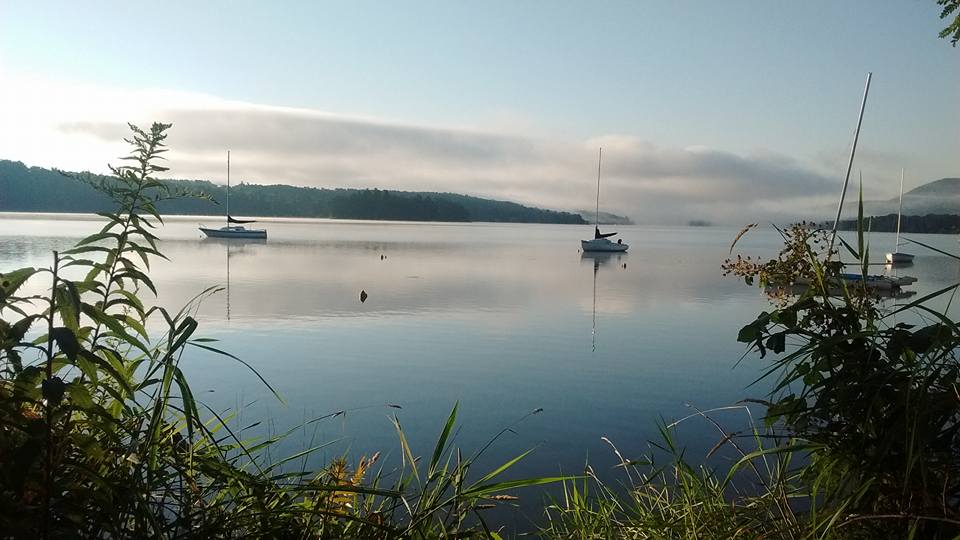
I look at the other people waiting around me and wonder what risks they’ve taken, how badly they want to get to their destination. Are they going home, or coming from it? Are they a bit like me and they don’t know which side of the ocean is truly home?
Every Christmas during my marathon viewing of the Extended Lord of the Rings films, I am struck by the line at the end, “You cannot always be torn in two.” But I think most of us are, and probably wouldn’t have it any other way. In our world with so many connections and crossings—how do you choose just one place, just one group of people? It is hard, it’s a painful tearing, but nonetheless both pieces are always with me in some way. Leaving my home country, I still believe, was a risk that had to be taken, as right and necessary as returning when I can.
Loving one home over another would be like doing only one writing project at a time (I know others must be able to relate to this). Or like telling me to ignore either the nun or the tiny girl. Thank you, I’m quite taken with both. So here I am, between my two places, just breathing behind my mask and relishing some non-useful time.
